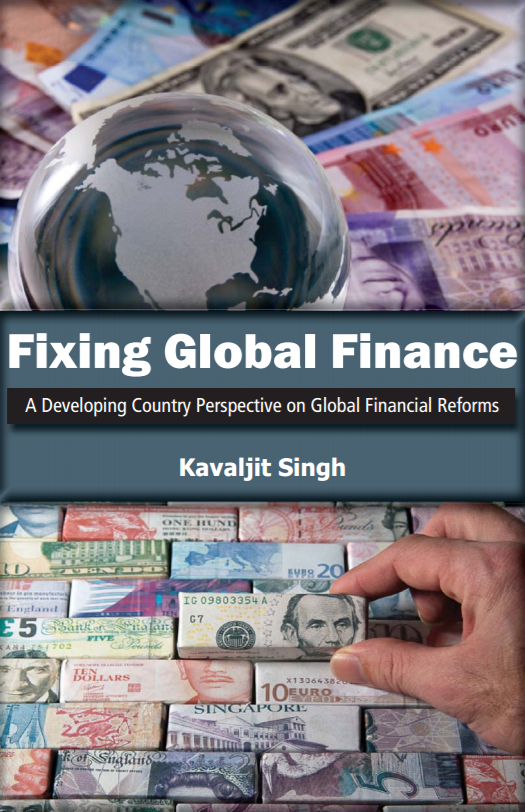
The Missing Dimension
How European Financial Reforms Ignore Developing Countries and Sustainability
The financial crisis that erupted in Europe in autumn 2008 resulted in an economic crisis that also severely affected many developing countries as documented in many reports. The lack of export opportunities and bank credit for trade, for instance, badly hit the income of developing countries. In order to prevent a new crisis, the European Union (EU) started to reform its financial sector. Although the financial sector is clearly global and interconnected, whereby many European banks are present in developing countries, little attention is given to what impact the EUs financial reforms have on developing countries. In addition, the EU financial reforms do not take the global environmental and social challenges into account and make no attempt to ensure that the financial sector supports the transformation to sustainable economies and societies. This report has selected a series of new financial laws on which the EU has decided or will decide on, made on the basis of the perceived importance for developing countries and sustainable development. It assesses those EU financial reforms and makes recommendations on how they should be improved to integrate the interests of developing countries as well as sustainability.
The report Fixing Global Finance by Indian expert Kavaljit Singh was used as a background document and is recommended reading to understand the issues discussed in this report. The impact of the selected EU financial reforms were first discussed during a SOMO expert meeting (26 May 2010). The resulting draft discussion paper has been circulated since November 2010 and was updated for this report. This report is part of a project that aims to ensure that the interests of developing countries as well as sustainable development are taken into account when the EU decides on its series of financial sector reforms. Partner organisations in the project are: AITEC (Fr), Glopolis (Czech Republic), New Economic Foundation (UK), SOMO (NL), Vedegylet (Hungary) and WEED (Germ). Colleagues from these organisations have provided comments on the draft discussion paper and will participate in activities as follow up of this report.
Do you need more information?
-

Myriam Vander Stichele
Senior Researcher
Publication
Related content
-

-
Fixing Global Finance Published on:K. Singh SinghPosted in category:PublicationK. Singh Singh

-
Why share buybacks are bad for the planet and peoplePosted in category:Opinion
 Myriam Vander StichelePublished on:
Myriam Vander StichelePublished on: Myriam Vander Stichele
Myriam Vander Stichele

